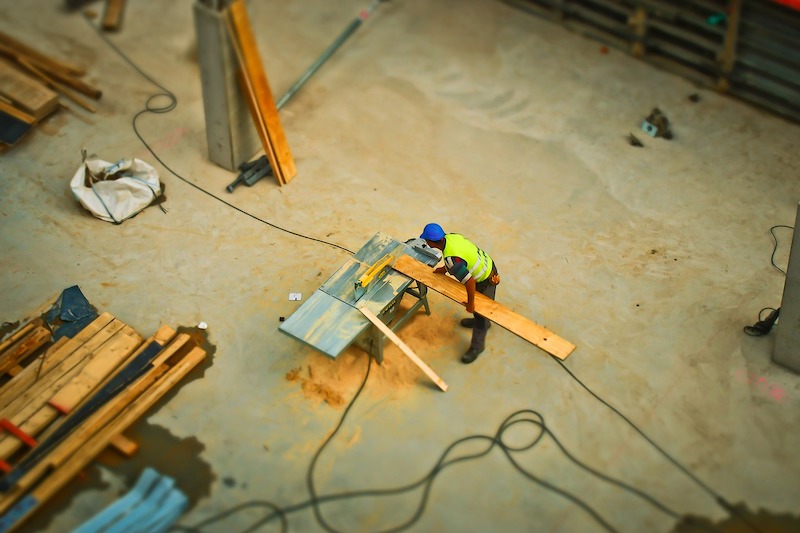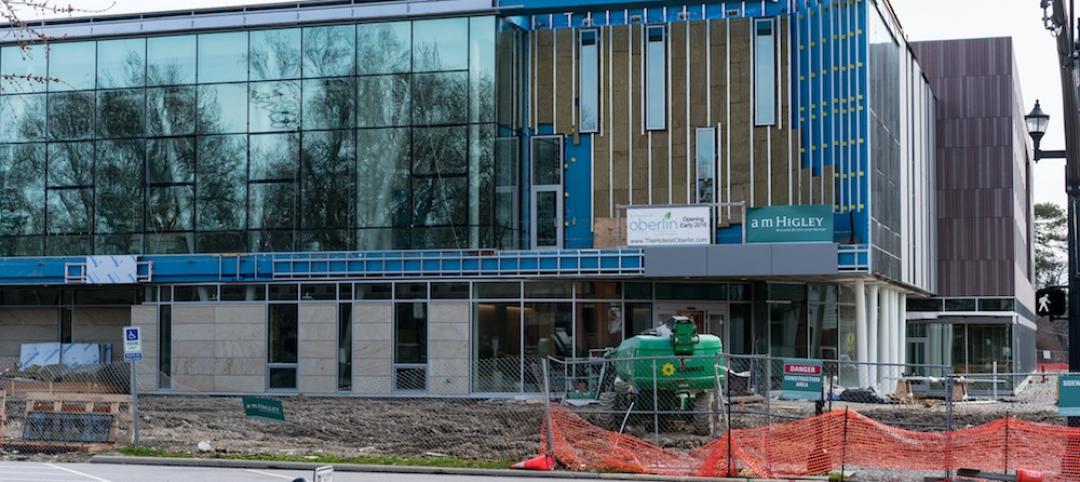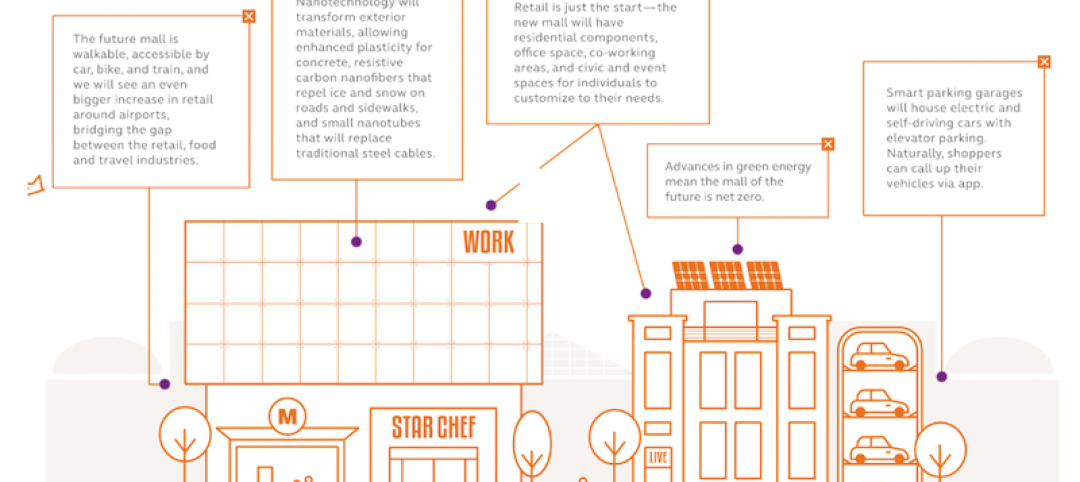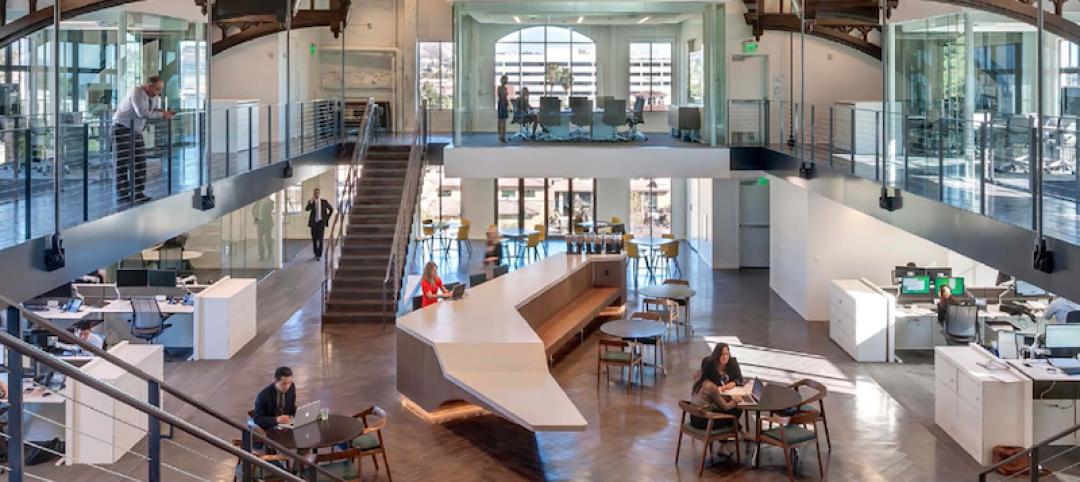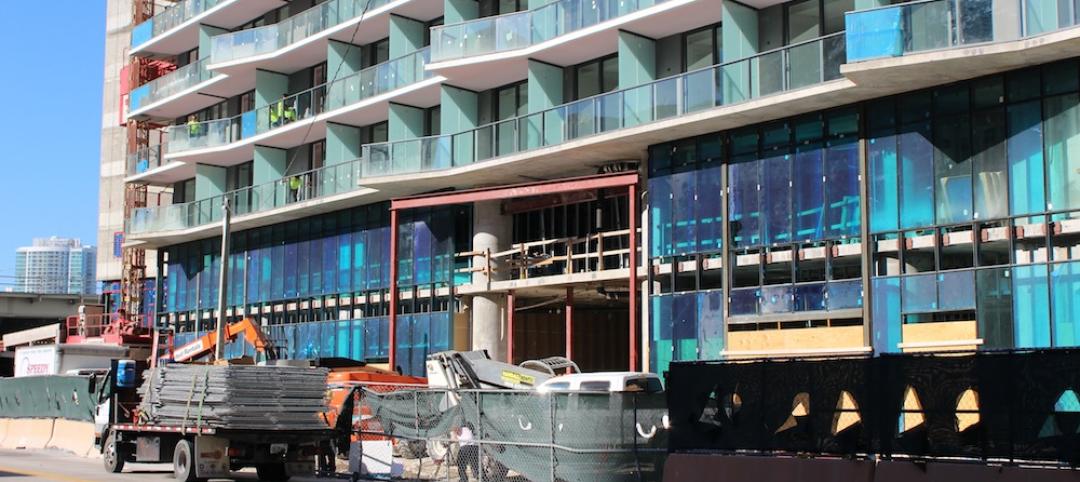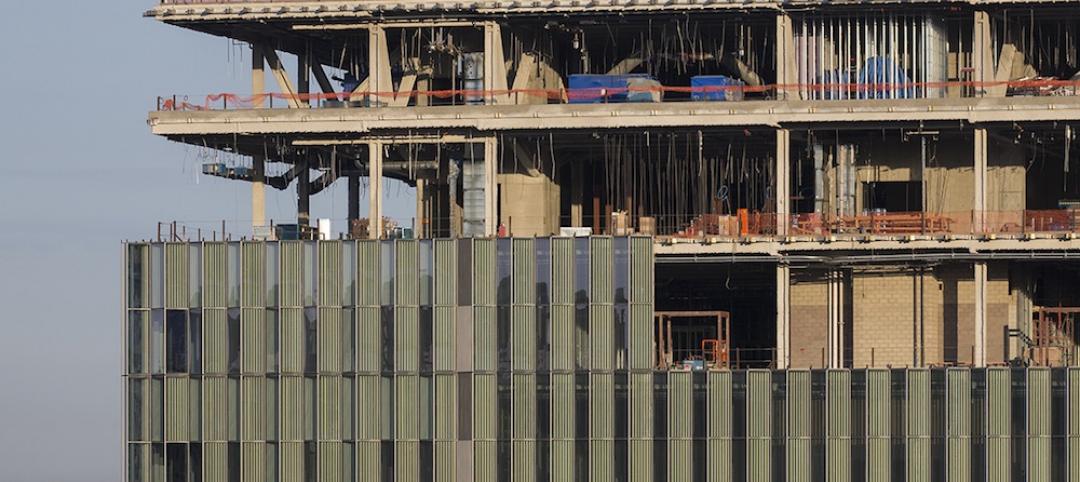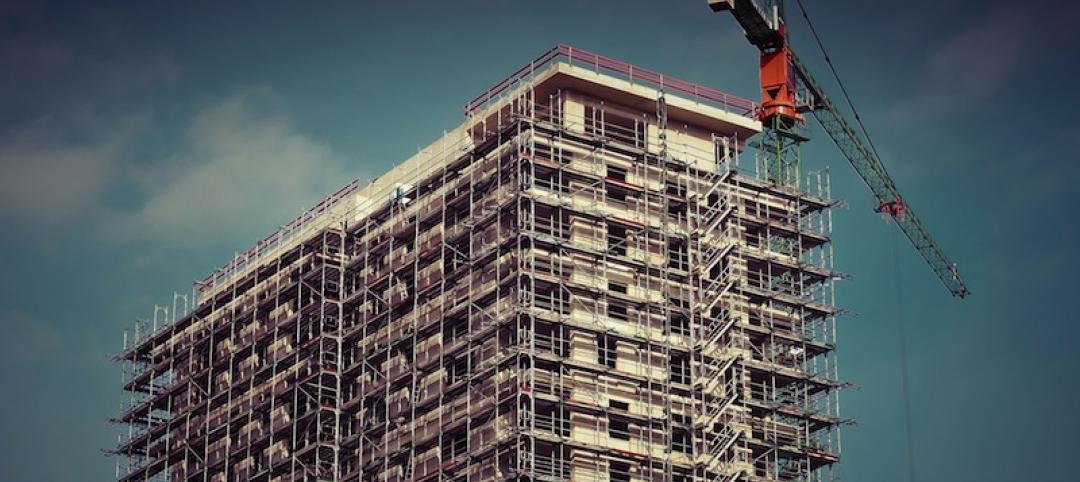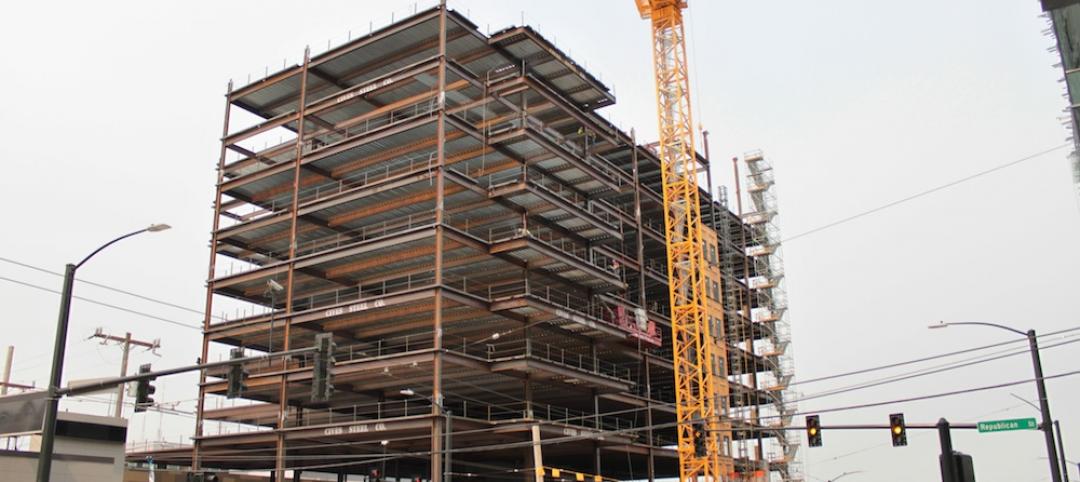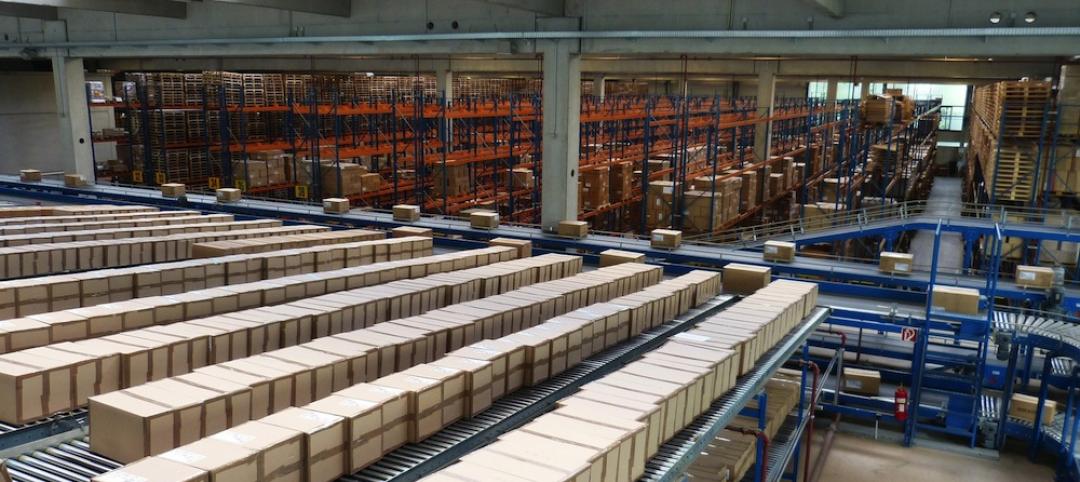One year after the pandemic struck, construction firms are experiencing soaring materials costs, widespread supply-chain problems, and continuing project deferrals and cancellations, according to a new survey that the Associated General Contractors of America released today. Association officials urged Congress and the Biden administration to take steps to eliminate tariffs on key materials, address shipping backups and boost funding for new infrastructure to help the industry recovery.
“The survey results make it clear that the construction industry faces a variety of challenges that threaten to leave many firms and workers behind, even as some parts of the economy are recovering or even thriving,” said Ken Simonson, the association’s chief economist. “The pandemic has left the supply chain for a range of key construction components in tatters and undermined demand for a host of private-sector projects.”
Simonson noted that an overwhelming 93% of the survey’s respondents report the pandemic has driven up their costs. Four out of five are spending more on personal protective equipment, sanitizers, and other health-related expenses. More than half say that projects are taking longer than previously.
Costs and delayed deliveries of materials, parts, and supplies are vexing many contractors. Nearly 85% report those costs have increased over the past year. In addition, nearly three-fourths of the firms are currently experiencing project delays and disruptions, mainly due to shortages of materials, equipment or parts. Nine out of ten firms that are incurring such delays cite backlogs and shutdowns at domestic producers, such as factories, mills, and fabricators. Half of the firms also blame backlogs or shutdowns at foreign producers.
More than three-fourths of the firms report having projects canceled or postponed in the past year, including more than one out of five with a 2021 project that has been canceled or postponed. Meanwhile, only one-fifth of respondents say they have won new projects or add-ons to existing projects as a result of the pandemic.
In a sign that the pandemic has had very different effects on construction firms, about one-third of firms say business matches or exceeds year-ago levels, while another third say it will take more than six months to reach that mark, and one-fifth say they don’t know. Respondents in the Northeast are the most pessimistic about the outlook, followed by firms in the South. Firms from the Midwest are split along the same lines as the full survey, while respondents in the West are more optimistic, on balance.
Despite these differences in experience to date and the near-term outlook, contractors from all regions, project types, and firm sizes are almost equally bullish about their hiring expectations over the next 12 months. Across nearly all subgroups, roughly three out of five respondents expect to add employees over the coming 12 months. Only 10 to 15% of firms in any category expect to reduce their headcount.
“Contractors need Washington officials to cut tariffs and address the shipping and supply chain problems that are driving costs and contributing to project delays,” said Brian Turmail, the association’s spokesman. “They also expect the President will keep his word and get significant new infrastructure investments enacted as quickly as possible.”
View the survey results.
Related Stories
Market Data | Mar 23, 2016
AIA: Modest expansion for Architecture Billings Index
Business conditions softening most in Midwest in recent months.
Retail Centers | Mar 16, 2016
Food and technology will help tomorrow’s malls survive, says CallisonRTKL
CallisonRTKL foresees future retail centers as hubs with live/work/play components.
Market Data | Mar 6, 2016
Real estate execs measure success by how well they manage ‘talent,’ costs, and growth
A new CBRE survey finds more companies leaning toward “smarter” workspaces.
Market Data | Mar 1, 2016
ABC: Nonresidential spending regains momentum in January
Nonresidential construction spending expanded 2.5% on a monthly basis and 12.3% on a yearly basis, totaling $701.9 billion. Spending increased in January in 10 of 16 nonresidential construction sectors.
Market Data | Mar 1, 2016
Leopardo releases 2016 Construction Economics Report
This year’s report shows that spending in 2015 reached the highest level since the Great Recession. Total spending on U.S. construction grew 10.5% to $1.1 trillion, the largest year-over-year gain since 2007.
Market Data | Feb 26, 2016
JLL upbeat about construction through 2016
Its latest report cautions about ongoing cost increases related to finding skilled laborers.
Market Data | Feb 17, 2016
AIA reports slight contraction in Architecture Billings Index
Multifamily residential sector improving after sluggish 2015.
Market Data | Feb 11, 2016
AIA: Continued growth expected in nonresidential construction
The American Institute of Architects’ semi-annual Consensus Construction Forecast indicates a growth of 8% in construction spending in 2016, and 6.7% the following year.
Market Data | Feb 10, 2016
Nonresidential building starts and spending should see solid gains in 2016: Gilbane report
But finding skilled workers continues to be a problem and could inflate a project's costs.
Market Data | Feb 9, 2016
Cushman & Wakefield is bullish on U.S. economy and its property markets
Sees positive signs for construction and investment growth in warehouses, offices, and retail


